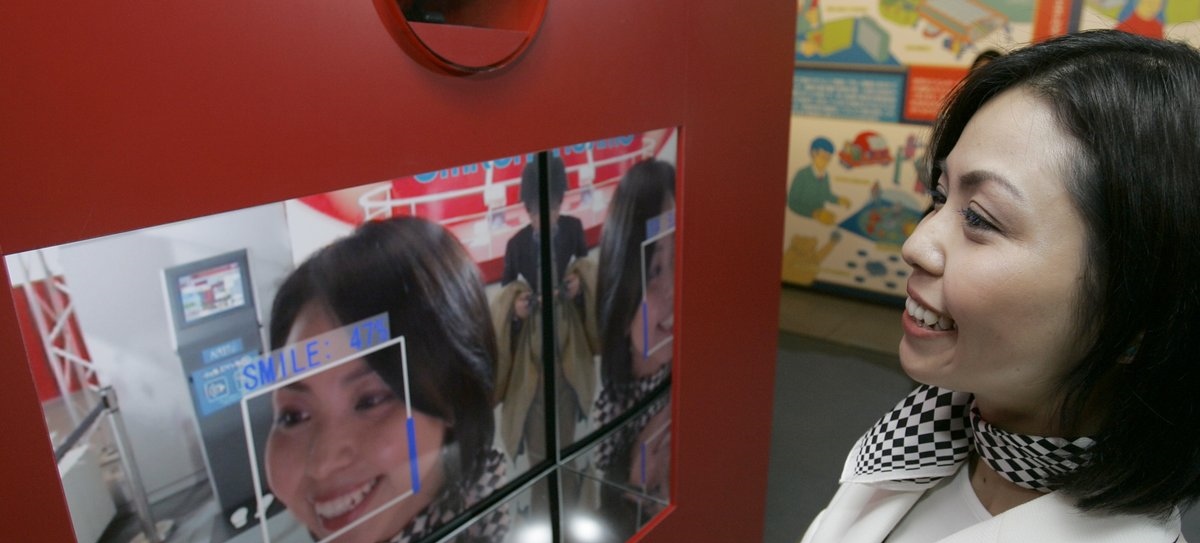Facial recognition expands in China
December 5, 2017 | Expert Insights

Xiaozhu, a Chinese-based home-sharing service similar to Airbnb is looking to introduce check-ins using facial recognition. A number of companies in China have begun offering similar services in the nation.
Background
A facial recognition system is a computer application capable of identifying or verifying a person from a digital image or a video frame from a video source.
China is currently building one of the world’s most expansive facial recognition systems. The goal of the project, which was launched in 2015, is to be able to match a person’s face to their ID with 90% accuracy. It will essentially connect security cameras nationwide through a cloud to a database of every person’s facial ID profile. This will also be linked to a file of their personal details. The developers want the recognition to be successful within the span of just three seconds. Isvision is reportedly working on the project, however, the company has declined provide further details. The company has experience in this particular field. Its security cameras with facial recognition capabilities were deployed as early as 2003 in Tiananmen Square.
However, the nation is likely to face multiple hurdles before the project could become successful. A researcher at the Institute of Computing Technology familiar with the project said, “Among 1.3 billion people, some totally unrelated people have faces so alike even their parents cannot tell them apart. Currently the access to the database is limited to a few security companies with very close ties with the Ministry of Public Security. More access will definitely lead to higher risk of [data] leakage.”
Currently, similar systems exist in the private and public sector in China. The police database in the country reportedly employs it. Additionally, tech giant Alibaba introduced the ‘smile to pay’ facial recognition payments at KFC in China in September 2017.
Xiaozhu is an online marketplace and hospitality service, enabling people to lease or rent short-term lodging including vacation rentals, apartment rentals, homestays, hostel beds, or hotel rooms. It is similar to Airbnb and is based out of China. Xiaozhu has over 200,000 listings in China and a presence in 80 overseas cities. Its valuation $30 billion.
Analysis
Xiaozhu, a Chinese-based home-sharing service similar to Airbnb is looking to introduce check-ins using facial recognition. A number of companies in China have begun offering similar services in the nation.
“As regulation remains unclear, Xiaozhu hopes to use the power of technology to find common ground with authorities. Regulators can wait, but with the pace of technology we can’t,” the company’s chief executive Kelvin Chen said in an interview on the sidelines of the Wuzhen World Internet Conference on Monday.
China has been aggressively pushing for advancement in various technologies especially in Artificial Intelligence. Facial recognition as part of that push is witnessing rapid development in that field. The technology used in applications ranging from suspect identification in law enforcement to payment authorization for fast food purchases.
Chen has stated that China has the kind of culture that pushed allows for such development to take place at a fast pace. “China has less cultural, customs or legal barriers when it comes to a sharing economy. Although the market may start off slow, Chinese companies move quickly when it comes to upgrading [travel] infrastructure and combining online technology with the offline environment,” Chen said.
Chen has also revealed that the company is “discussing an extensive partnership with Alibaba and its affiliates.”
With regards to the future of Xiaozhu, Chen states that he will wait for other companies like Uber to be listed to see how they fare globally and whether they become successful. If they show success, then the company might follow suit. “As regulation globally is still unclear, we might as well let sharing companies like Uber or Airbnb get listed first and see how it works for them.”
Assessment
Our assessment is that If facial data and related information is breached and uploaded on the internet, this could cause massive problems for the nation and its people. It will also encroach on the 'citizens' right to navigate within the country without being monitored.








Comments